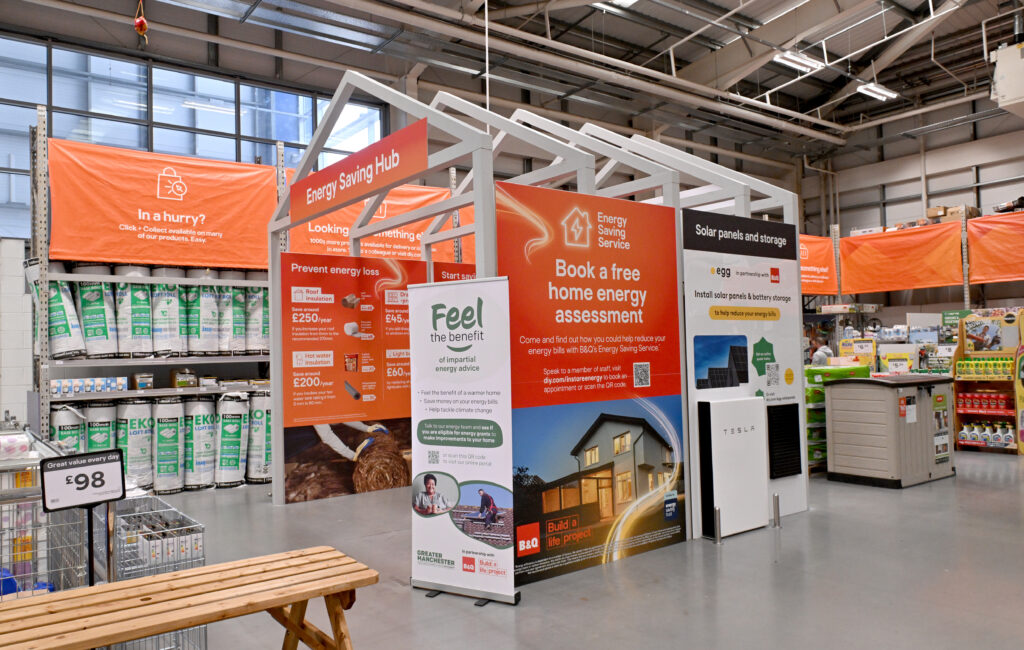UK Inflation rose 0.5 per cent last month compared to September, according to new figures.
October‘s Consumer Price Index found that inflation stood at 2.7 per cent, as a result of rising university tuition fees and an increase in food prices, according to the Office for National Statistics (ONS).
Food prices, particularly potatoes, fruit and confectionery, have risen 0.5 per cent over the period as wet weather earlier this year detrimentally affected crop yields and food inflation increased from two per cent to 3.3 per cent over the period.
As food price increases continue to filter through to consumers as retailers and grocers attempt to relieve pressure on margins, inflation is likely to remain above the two per cent target for most of 2013, Samuel Tombs, UK Economist at Capital Economics believes.
Noting that utility bills are due to rise in the coming months, Tombs explained: “It seems as if underlying price pressures are proving to be more stubborn that we and many others had anticipated.”
In September, inflation sat at its lowest rate for three years, an important figure as it is used to determine tax and benefit changes in the year ahead, though the upcoming fuel and gas rises had been expected to add pressure.
Other significant contributions came from clothing & footwear prices, which rose 1.2 per cent between September and October, “the largest increase for clothing prices between these two months since records began”, the ONS noted in a statement.
The Retail Price Index (RPI) annual inflation was up 0.6 per cent to 3.2 per cent last month as a result of the same contributors as those affected CPI, though housing also affected the figure.
Earlier this month, the ONS announced that it is to incorporate an additional measure into the CPI from next month which will include owner occupiers‘ housing costs.
CPIH, as it will be known, will be introduced next March in the hopes of provided a more rounded view of national finances.
In spite of ongoing challenges, Tombs expects inflation to normalise in the coming months as the influence of temporary factors is reduced.
He said: “We still think that the weakness of economic activity will bring inflation down again in time, potentially to a very low rate.
“We still expect inflation to fall back below its target towards the end of next year.”
















